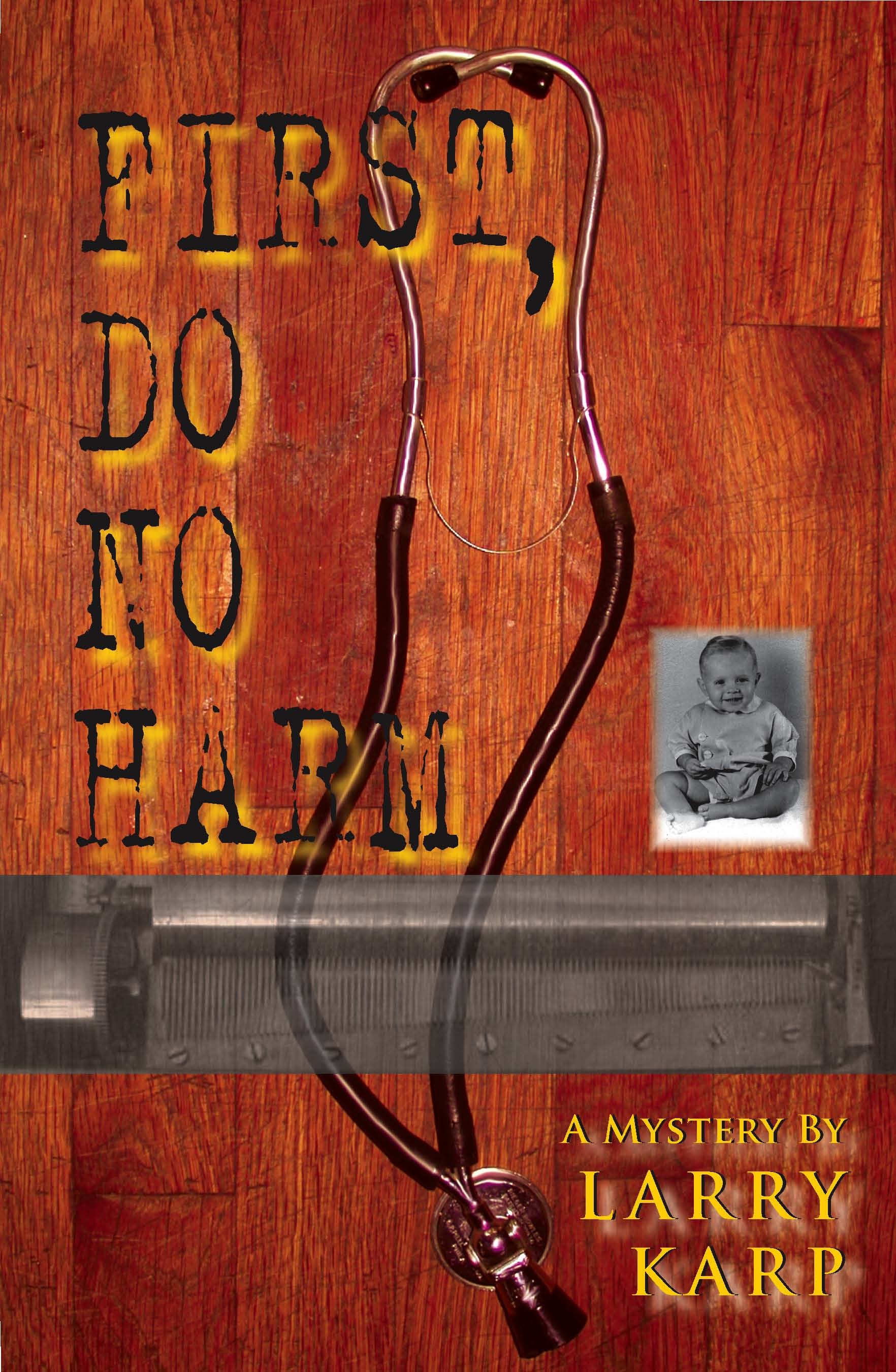“My education was interrupted only by my schooling”
~Winston Churchill
In the search for residency, many people want to know what are the best residencies. The tendency is to look at rankings in the US NEWS AND WORLD REPORT to evaluate the quality of a residency. We look at the programs that are associated with highly ranked universities and expect that they are quality programs. Most people who graduate from residency would probably tell you that their program is the best or is at least a quality residency. We all have the tendency to have a special place in their heart for our own training program. Let me give you a few things to look at when you are evaluating a residency and you can judge for yourself its quality.
When many people are looking at programs, they look at who is there and who has been there. We look for people whose name we recognize. Most of us do not know everyone across the county, we tend to recognize people who are published, or who we see giving lots of lectures. The expectation is that if you write about it or speak about it, you must be good. If there are more of these people in a residency program, then the residency is good right? This is not always the case. Remember, ~5% of orthopaedic surgeons produce ~95% of the literature. Being a great researcher does not correlate with being a good educator. So how do we assess a program's ability to produce quality orthopaedic surgeons? There are probably more than a few more good orthopaedic programs with a large number of very good to excellent surgeon educators. So what makes a quality program?
I think you first need to look at who is there. Yes, I said it. "Who" is there is important. You don't need a laundry list of people that have been presidents of the academy or their specialty organizations, but you need a good stable core group of surgeons who are established in their area locally. It is nice to see people of varying ages. You need a grey hair, practicing 15+ years, who can impart wisdom of past history, both failures and successes. There should be those in their prime practicing 10 or more years, well established practice and with their own personal flare. You would like to see the mid level people, those practicing for more than 5 years; these are in the process of establishing themselves. And you need the young surgeon, someone who may seem like a maverick but usually are very current on the newer techniques and less set in their ways. This core group will provide you with varied opinions and approaches to different things. This will give you a better breadth of experience based on experience.
The next thing you want to look for is what specialties are covered. You want to get an experience in all of the areas in orthopaedics. It is even better if you do not have to travel to cover those specialties. But, a lot of hospitals can not provide all areas of care. Usually, there are a couple of areas that programs farm out. The most common are tumor, trauma, and pediatrics. This usually requires you to spend time away from your home and family. But, it is usually at a very quality institution. So, it is not necessarily a down side, just something to consider.
Also, when looking at a program, do you get both an academic (sub-specialty) training and a private experience? Face it, not everyone is going to publish a 100 papers or make a million dollars, but you need to get a feeling for what both practices are like. Now, there are some private / community programs that are very academic, Rush, Carolinas Medical Center, Union Memorial. So, some of the basic differences are (now these are generalizations):

Now, when looking at the quality of training, you should spend some time investigating what previous residency have done. Understand that we tend to emulate people who are big influences in our training. So, many community programs will have people do general or private practice and visa versa. The one thing that raises questions in my mind about a programs training or the comfort of the residents with their training is the number of people doing fellowships. If a small number do fellowships, it is a good sign that you get very good overall training. If 80-90% of the residents do fellowships, it makes me wonder. Please keep in mind that we do emulate our mentors; so in many academic programs, there are more residents going into fellowships. Something that may also be telling about a program is if there is a known weakness in the program and everyone is doing that fellowship, your eyebrow should raise.
Operative experience is another important factor when evaluating residencies. Many resident applicants have noted that early operative experience is an important factor when choosing a residency. My opinion is that the operative experience should be level appropriate. For example, a 1st year orthopeadic resident first assisting or being primary on a complex acetabular or spine reconstruction is level inappropriate; on the other hand, a the same resident performing, I&D's, simple fractures, and basic arthroscopy, is level appropriate. I also believe that it is important for a resident to be both learner, one on one attending to resident, and teacher, resident to resident with attending supervision. When the resident is in the learner role, he/she will gain knowledge from the more experienced attending. This is active learning, read about the surgery and then do. In the role of teacher, this is were the most growth will occur. In this role, you must be prepared for the case from beginning to end. This require more understanding than just the technical aspects of the procedure. It includes running the OR, what is needed for the case, where the C-arm should be positioned, what type of anesthesia is needed, how to perform the exposure from the opposite side of the table, and lead someone else through the case. This takes a higher level of thinking. This is what separates the men from the boys. Both of these aspects are important to have in a program, because it give you a more rounded surgical experience.
Lastly, what is the academic set up? Is there a curriculum? It is important to see is that there is a structure to guide you in your reading. Who gives lectures? Both faculty and residents should give lectures. The resident lectures should have faculty supervision and not be passed from resident to resident. What are the OITE scores for the last 5 years? Shows stability in the didactic set up. Be wary of the programs that brag about their OITE stats. You can teach to the OITE, which a number of programs do. Do the faculty go to lectures and / or journal club? This is a barometer of the faculty's involvement and dedication to resident education. So, these are some questions that you may use to evaluate a programs "academics."
So, what are some red flags? Well there are several.
1.
Program on probation: there are several things that will cause the RRC to place a program on probation that are required, loss of program director, etc.
2.
High resident and faculty turnover: I feel this is an extremely telling statistic. it usually means that there is something wrong with the inner workings of the program, chairman, hospital, resident morale, etc. This is a extremely bad omen.
3. Pink flag -
High percentage of fellowships: this may be a sign of residents not being comfortable with certain areas because of lack of experience. But, as stated before, we are influenced by our training. So academic programs tend to send more of their residents into fellowships.
4.
A hospital, or medical school in financial trouble: for example DMC and Wayne State, need I say more?
5.
High ABOS part 1 failure rate: Enough said
So, what is the best orthopaedic residency? I feel I received great training in my residency and I can name countless other orthopaedic surgeons who will tell you the same about theirs. Well, when you are looking at residencies to apply to and those to place on your rank list, use some of those things listed above to help you in your decision. Ultimately, the most important thing is that you matched into an orthopaedic residency. So don't be disappointed if you don't get that residency so highly touted. I truly believe everything happens for a reason.
"Really great people make you feel that you, too, can become great.”
~Mark Twain
 shoes; I make my cereal and cup of coffee; I check my email; and then I set off for another run. This is what I do. I am in training. I don't think I am ever not training for something. Every morning I wake up, I wonder why I am doing it. I have nothing to prove. But, something drives me to be better, to run faster.
shoes; I make my cereal and cup of coffee; I check my email; and then I set off for another run. This is what I do. I am in training. I don't think I am ever not training for something. Every morning I wake up, I wonder why I am doing it. I have nothing to prove. But, something drives me to be better, to run faster. Each week, I have a set mileage goal. It is on my schedule. Short (4-5 mile) runs for speed; medium runs (7-10 mile) at tempo pace; and the long runs (14-22 mile) for endurance. All of these runs serve a purpose in completing the ultimate goal of finishing a race and/or improving on a previous time. There are many different ways of preparing yourself for an endurance race, such as a marathon. There are many books to read and philosophies to follow. There are also different goals that people have. Many years ago, people trained intensely, many running over 100 miles a week. Over time, the training elite have realized that that is not necessarily important and alternate training schedules have come out. Rest and diet have become a key component of optimal training for the endurance athlete. Mileage goals and speed of training has changed; cross training implemented. Most people now believe that depending on you goals, high mileage (total weekly) breaks you down more than builds you up.
Each week, I have a set mileage goal. It is on my schedule. Short (4-5 mile) runs for speed; medium runs (7-10 mile) at tempo pace; and the long runs (14-22 mile) for endurance. All of these runs serve a purpose in completing the ultimate goal of finishing a race and/or improving on a previous time. There are many different ways of preparing yourself for an endurance race, such as a marathon. There are many books to read and philosophies to follow. There are also different goals that people have. Many years ago, people trained intensely, many running over 100 miles a week. Over time, the training elite have realized that that is not necessarily important and alternate training schedules have come out. Rest and diet have become a key component of optimal training for the endurance athlete. Mileage goals and speed of training has changed; cross training implemented. Most people now believe that depending on you goals, high mileage (total weekly) breaks you down more than builds you up.



















